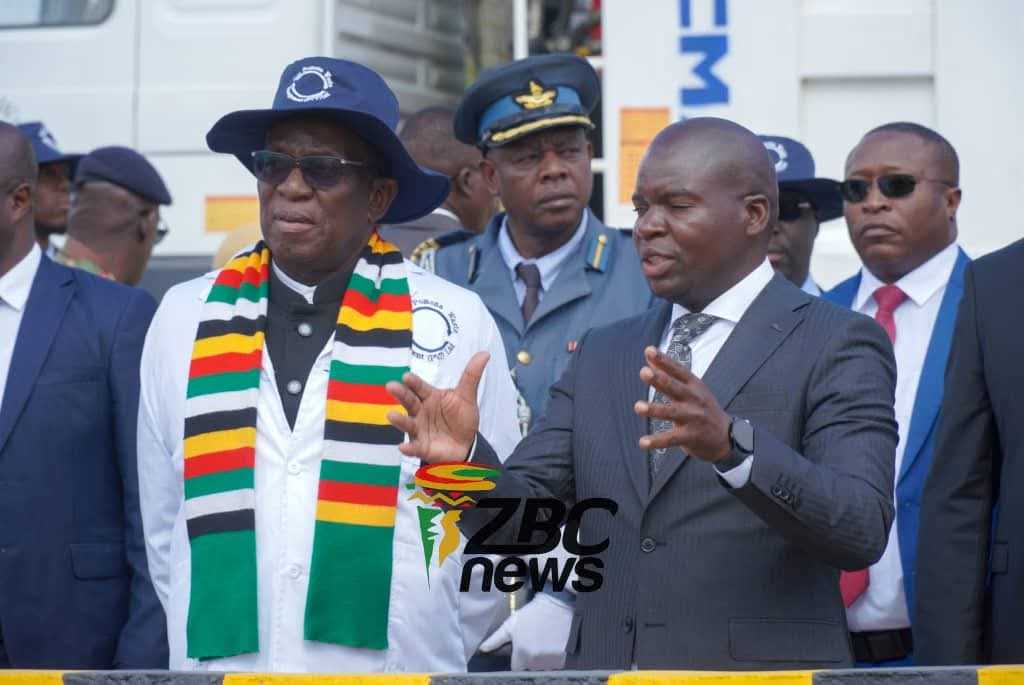
Oscar J Jeke - Zim Now Reporter
In a high-profile event marked by speeches and symbolism, President Emmerson Mnangagwa commissioned the Geo Pomona Waste Management Sorting Plant and a fleet of 45 refuse collection trucks in Harare on Wednesday.
Touted as a milestone for environmental progress and urban renewal, the occasion coincided with World Environment Day, but behind the glossy public relations lies a deal steeped in controversy, political intrigue, and growing public resentment.
Mnangagwa praised the project as “a turning point in our quest for efficient waste management and a cleaner Zimbabwe,” casting it as a success of public-private partnerships under his administration’s Second Republic. Yet, beneath the polished rhetoric and ribbon-cutting ceremony lies a deal that has been criticized as exploitative, opaque, and emblematic of Zimbabwe’s deep-rooted governance crisis.
The commissioning comes amid mounting outrage over the terms of the US$162 million waste management deal, which saddles Harare residents with monthly obligations of US$2.7 million to Geo Pomona Waste Management. This cost quietly embedded in the contract falls on ratepayers, despite initial government assurances that central funds would cover the expense.
Under the latest agreement, signed in November 2024, Geo Pomona was handed monopoly control over Harare’s waste management system without public consultation or competitive tendering. Critics argue that this violates procurement principles and bypasses municipal oversight, raising alarms about elite capture and the erosion of local democracy.
Related Stories
Ironically, Harare Mayor Jacob Mafume, once a vocal critic of the deal, is now its most visible endorser. The about-face has prompted speculation and accusations of political co-optation. Council insiders allege that Mafume, who previously called the deal “exploitative and unsustainable,” is now aligned with ZANU PF interests. Reports vehemently denied by the mayor claim he receives monthly incentives of up to US$200,000 to champion the project, further muddying the already murky waters surrounding Geo Pomona’s operations.
This shift comes after the central government, through Cabinet directives, ordered the council to comply with the deal effectively stripping the City of Harare of its autonomy on the matter.
Geo Pomona Waste Management is no stranger to controversy. Its predecessor, Geogenix BV fronted by Albanian businessman Mirel Mertiri was linked to failed and allegedly corrupt waste-to-energy projects in Eastern Europe. Mertiri remains under investigation in Albania, and the Zimbabwean entity is headed by Dilesh Nguwaya, a businessman known for his close ties to powerful political figures.
In 2022, the company was granted a 30-year lease on the Pomona dumpsite for free. In return, the city was required to pay $40 per tonne of waste delivered to the site—a deal that sparked widespread backlash and was thought to be dead. Instead, it was quietly revived and rebranded, but with the same players and structural flaws.
Despite fanfare around the new plant and trucks, many Harare neighborhoods remain buried under piles of uncollected waste. Residents in Mbare, Dzivaresekwa, and Glen View report little to no improvement since Geo Pomona officially began operations in February 2025.
“What we see is not transformation. It’s public relations masking political profiteering,” said Reuben Akili of the Combined Harare Residents Association. “We were told the city would be clean in weeks. Instead, nothing has changed. We’re paying millions to be surrounded by waste.”
Precious Shumba of the Harare Residents Trust echoed the concerns: “This project was never about service delivery. It was forced through by elites for their own enrichment.”











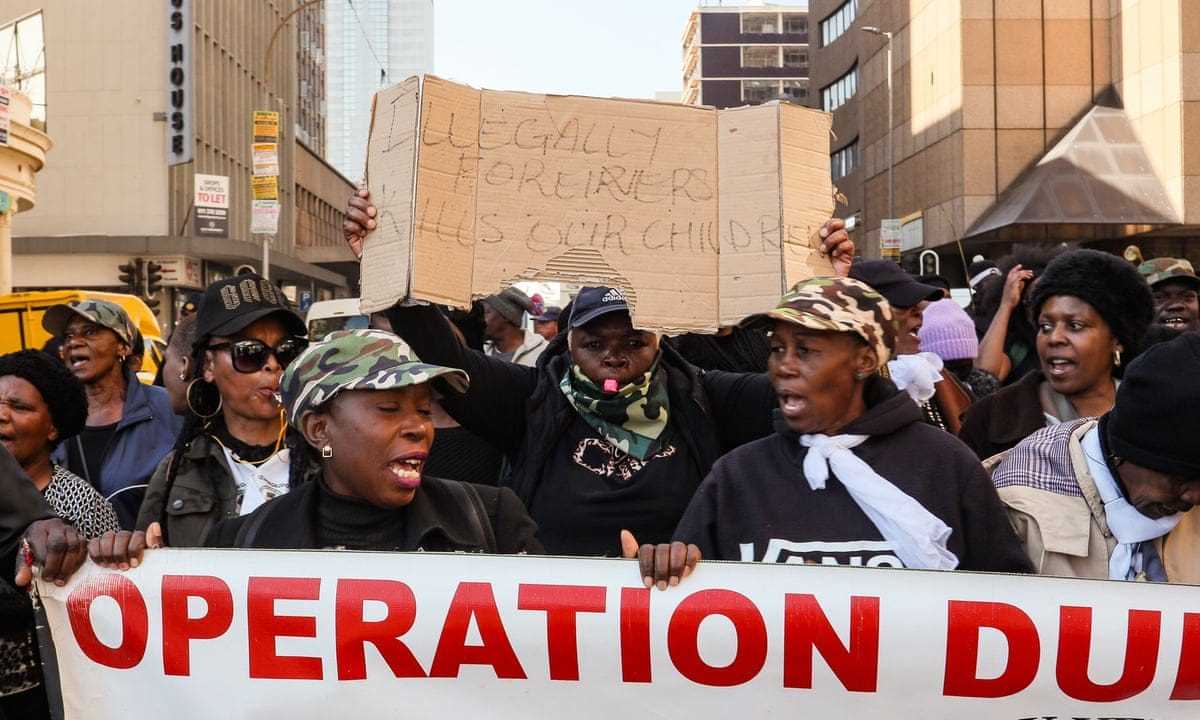
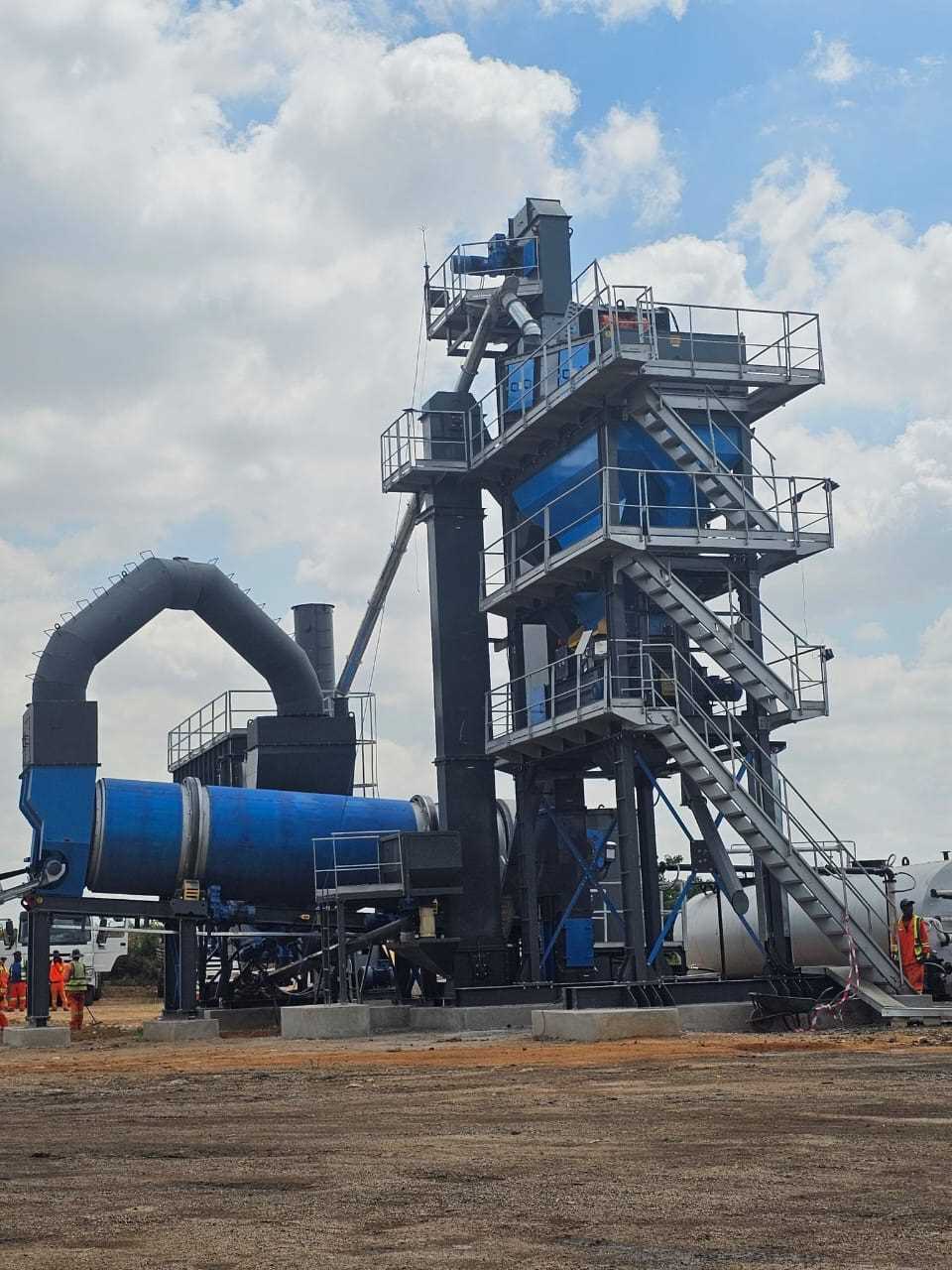

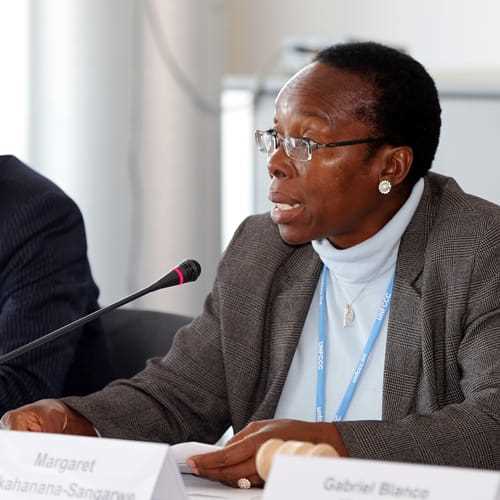

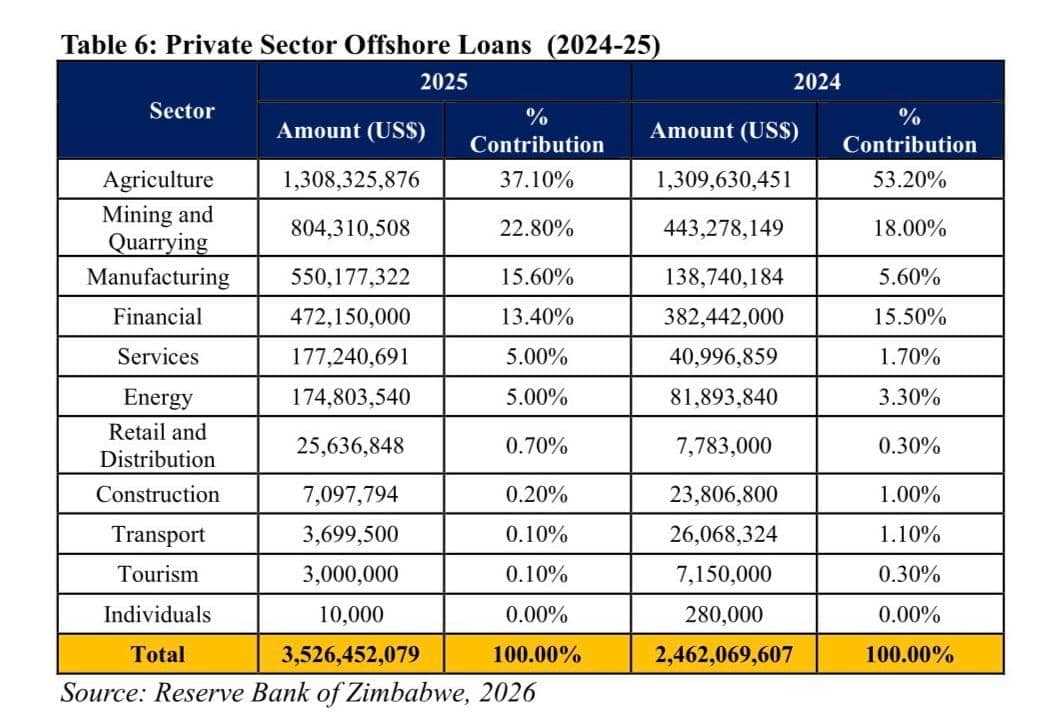
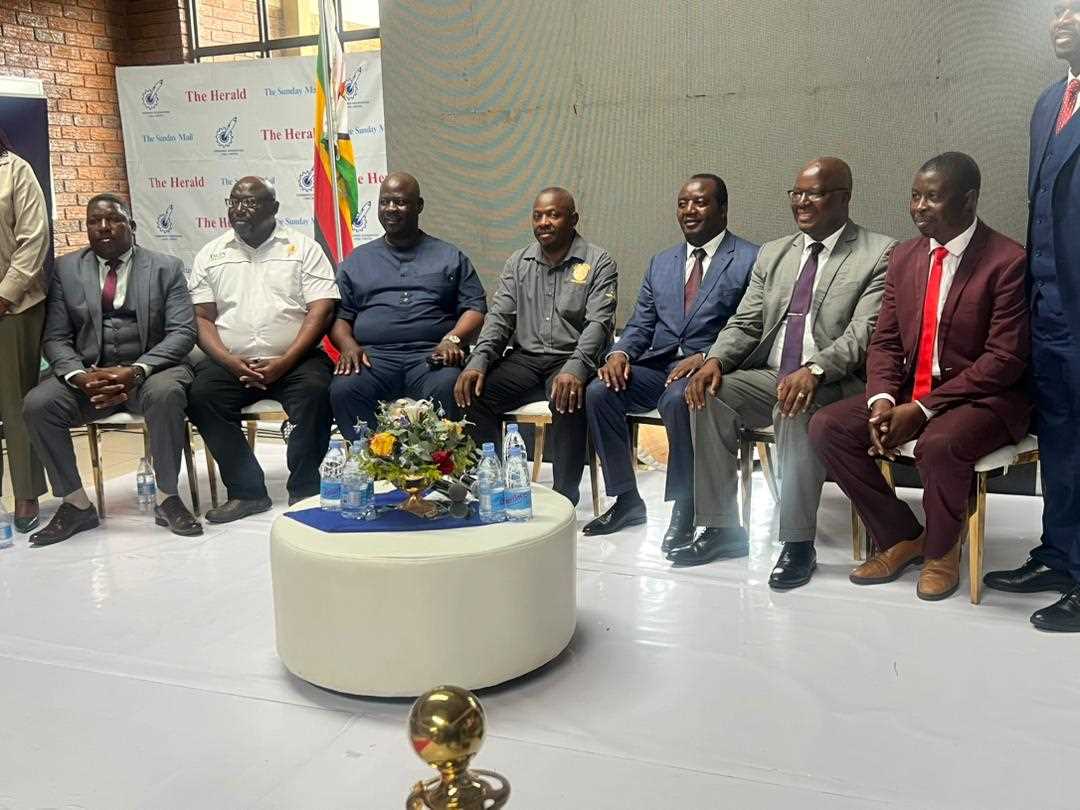


Leave Comments